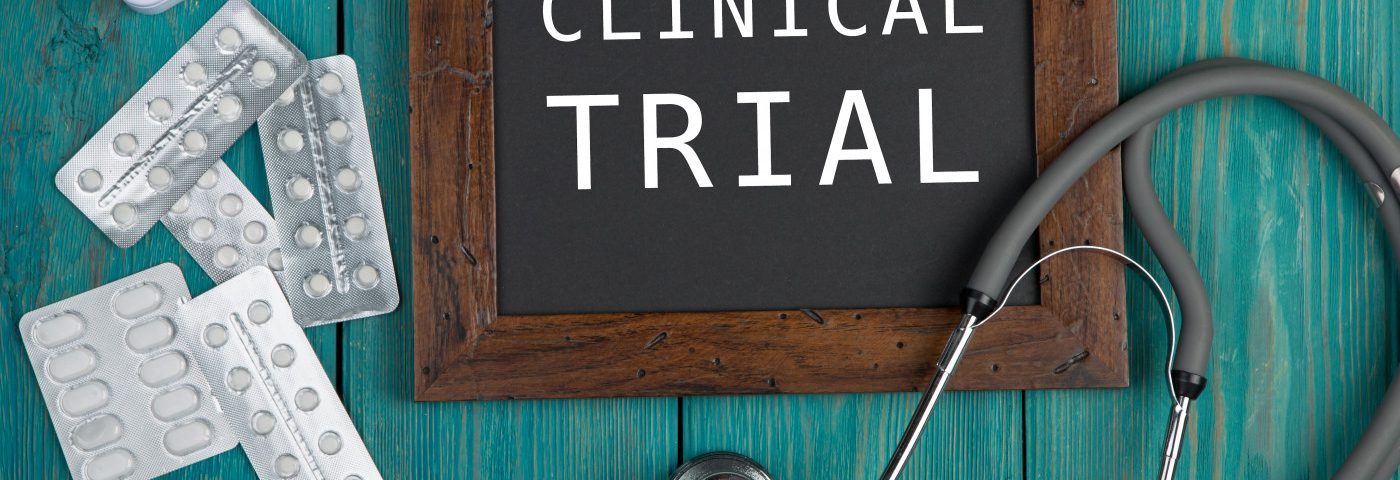A Phase 1/2 clinical trial has started dosing participants to test EnGeneIC‘s second-generation cytotoxic-loaded EDV nanocells as a treatment for EGFR-positive solid cancers who have exhausted all other therapeutic alternatives.
The Carolyn Trial (ACTRN12619000385145), still recruiting participants at the Frankston Private Hospital in Victoria, Australia, is expected to include 40 patients with advanced pancreatic cancer, and an additional 40 with other EGFR-positive tumors.
EDV nanocells are small bacterial portions that form when genetically modified bacteria divide at the cell’s pole, as well as centrally. The smaller portion, which does not contain a chromosome, forms the EDV.
These nanocells can be packed with high concentrations of chemotherapy agents, and engineered to be delivered directly into tumors, improving the effectiveness and safety of treatment.
EnGeneIC’s second-generation EDVs deliver high levels of nemorubicin (D682), an analogue of doxorubicin, to cancer cells. With only 1/200th the width of a human hair, the nanocells can carry up to one million molecules of the anti-cancer therapy.
In the Carolyn trial, researchers are using EDVs that target EGFR-positive cancers. EGFR is a receptor overexpressed by many solid tumors, but also is found on normal cells. However, EDVs are large structures that leave circulation only in leaky blood vessels associated with tumors.
“We developed our second-generation EDVs to address multi-drug resistance in patients who have failed multiple lines of chemotherapy and therefore have the highest unmet need,” Jennifer MacDiarmid, PhD, and Himanshu Brahmbhatt, PhD, said in a press release. They are joint-CEOs and directors of EnGeneIC. “D682 is an extremely potent drug that is far too toxic to be delivered systemically, but has proven safe in patients when encapsulated in our EDVs.”
In addition to the chemotherapy-loaded nanocells, researchers also are administering EDVs carrying an immune-booster, meant to enhance the immune responses against the tumor.
“We have named the study, the Carolyn Trial, after a close friend who had end-stage pancreatic cancer and was treated in a compassionate use case study. Carolyn was the first patient in the world to receive D682, and we observed highly encouraging results,” MacDiarmid and Brahmbhatt added. “Not only was survival extended, but quality of life improved considerably for the patient. Moreover, there was significant evidence of tumor regression coincident with a decrease in a key pancreatic cancer blood marker and a robust increase in anti-tumor CD8+ T-cells and other anti-tumor immune cells.”
In the trial, patients will receive the treatment in eight-week cycles. In the first cycle, treatment is given twice-weekly in the first two weeks, followed by a weekly administration for the following five weeks (a total of nine doses over seven weeks). In week eight, tumors will be assessed for response.
The subsequent cycles will consist of weekly doses for seven weeks, followed by a treatment-free week at which time tumor burden will be reassessed.
The trial’s main goal is to evaluate the safety and tolerability of the EDV combination. Secondary outcomes include tumor response in pancreatic cancer patients and other EGFR-positive patients, and overall survival.
“We are now executing a more rigorous clinical trial, not only for pancreatic cancer patients, but also for other advanced-stage patients with drug-refractory tumors,” said MacDiarmid and Brahmbhatt.
“Novel therapies for these late stage patients with drug-resistant tumors are desperately needed. Four patients have been enrolled in the study and so far we have been impressed with the tolerability and safety of this therapy. We will be getting some efficacy data in coming months,” said professor Vinod Ganju, the trial’s principal investigator.


